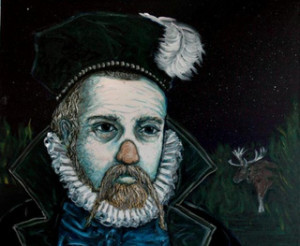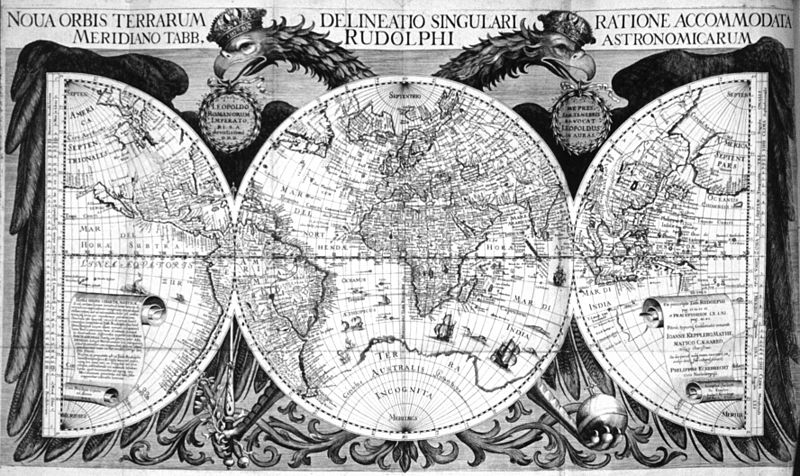Astronomy and the Earth
First of all, let’s see something more about our universe.
Let’s start with Tycho Brahe
Who is Tycho Brahe? He’s an astronomist from Denmark, that quickly realized the science (astronomy) could only progress if it had observations that were systematic, accurate, and, above all, nightly.

He had a strange death a few years after moving to Prague to live as astronomist of the court. Apparently, could have been a murder by Kepler. Furthermore, for Tycho’s probable affairs with the Queen, his story could have inspired Shakespeares’s Hamlet

It is argued that Kepler took advantage of the confusion to take possession of the data, something he himself later admitted was not entirely ethical:
“I confess that when Tycho died, I quickly took advantage of the absence, or lack of circumspection, of the heirs, by taking the observations under my care, or perhaps usurping them.”
Links here:
So should we continue with Kepler?
Kepler says that in order to create the world, God uses the 5 regular solids (tetrahedron, cube, dodecahedron, icosahedron, octahedron) also studied by Pitagora.
Keplero states that there is a correspondance between the 3 immobile bodies in the universe (sun, stars, space around) and the Father, Son and Holy Spirit, and that this correspondance is the cause of movement, number and dimensions of the orbits.
Light, Warm, Movement, Armony of Movements are the world perfection, and are related to the faculties of the soul.

Stars are as a skin that keep the sun warmth, and the sun allows the movement of the planets, because by rotating it carries the planets with itself. There is a link between warmth and movement and plants and animals, light and armony and sensations and rationality.
Keplero states that there is also a connection between music and the solar system, which are the same manifestations of harmony (as if planets were the notes).
The 3rd law of Keplero has been written in a book, together with subjects as music and astrology, strictly connected with Plato and Pitagora.
Keplero has always mixed science with magical and alchemy, and, while disregarded by many, from the 60’s of the 17th century his laws were accepted by Newton and then he became trusted and respected in the scientific world.
So, what’s next? Should we have a look at this Keplero’s book?

